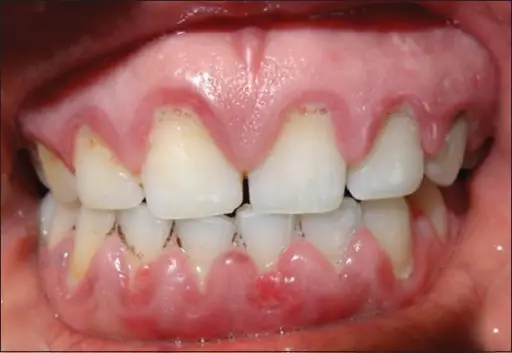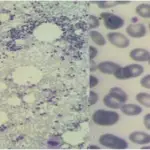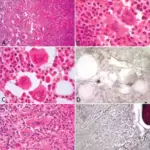Von Willebrand disease is a common hereditary ailment of bleeding, are instigated by quantitative/qualitative faults relating to the factor VIII-vWF complex.
What is the Pathology of Von Willebrand Disease?
The pathology of von willebrand disease is:
-Etiology: The cause of von willebrand disease is a genetic mutation.
-Genes involved: MCFD2 and LMAN1 and vWF gene.
-Pathogenesis: The sequence of events that lead to von willebrand disease as the result of decrease in the amount and activity of factor VIII that obliges as a cofactor for factor IX in the activation of factor X in the coagulation cascade.
-Morphology: Clinically, it is featured by extreme hemorrhage from wounds, spontaneous bleeding of mucous membranes, menorrhagia, and a lengthy bleeding time.
-Histology: Red blood cell changes.
How does Von Willebrand Disease Present?
Patients with von willebrand disease typically have no gender prevalence present at an age range of infancy. The symptoms, features, and clinical findings associated with von willebrand disease include extreme hemorrhage from wounds, unprompted bleeding of mucous membranes, menorrhagia, and a lengthy bleeding time. Though have a normal platelet count.
How is Von Willebrand Disease Diagnosed?
Von Willebrand disease is diagnosed through laboratory studies- Prothrombin time (PT), factor VIII (FVIII) coagulant activity, concentration of vWF antigen (vWF:Ag), ristocetin cofactor (RCoF) activity, and activated partial thromboplastin time (aPTT) tests.
How is Von Willebrand Disease Treated?
Von Willebrand disease is treated through antidiuretic hormone vasopressin synthetic analogue (Desmopressin), von willebrand factor/factor VIII (vWF/FVIII) concentrates, and recombinant von Willebrand factor (rVWF).
What is the Prognosis of Von Willebrand Disease?
The prognosis of Von Willebrand disease is fair.



